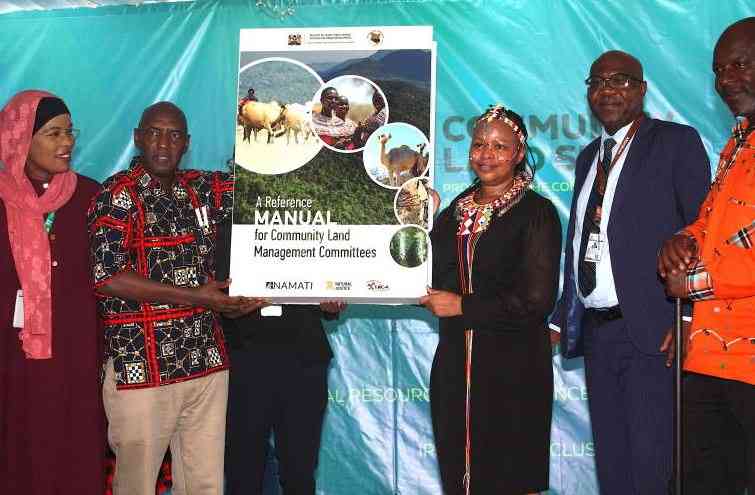×
The Standard e-Paper
Smart Minds Choose Us

They came trooping in colour to Isiolo, proud of their ethnic background, ready to interact, learn, and express their concern. They were confident they would reach an all-inclusive agreement on issues raised at the end of the four-day Summit.
These were the more than 300 Indigenous delegates drawn from 24 counties who gathered at the Kisimani Eco Lodge (a symbol of what the pastoralists, hunters, and gatherers stand for), a colourful event that marked the 2024 edition of the Community Land Summit.